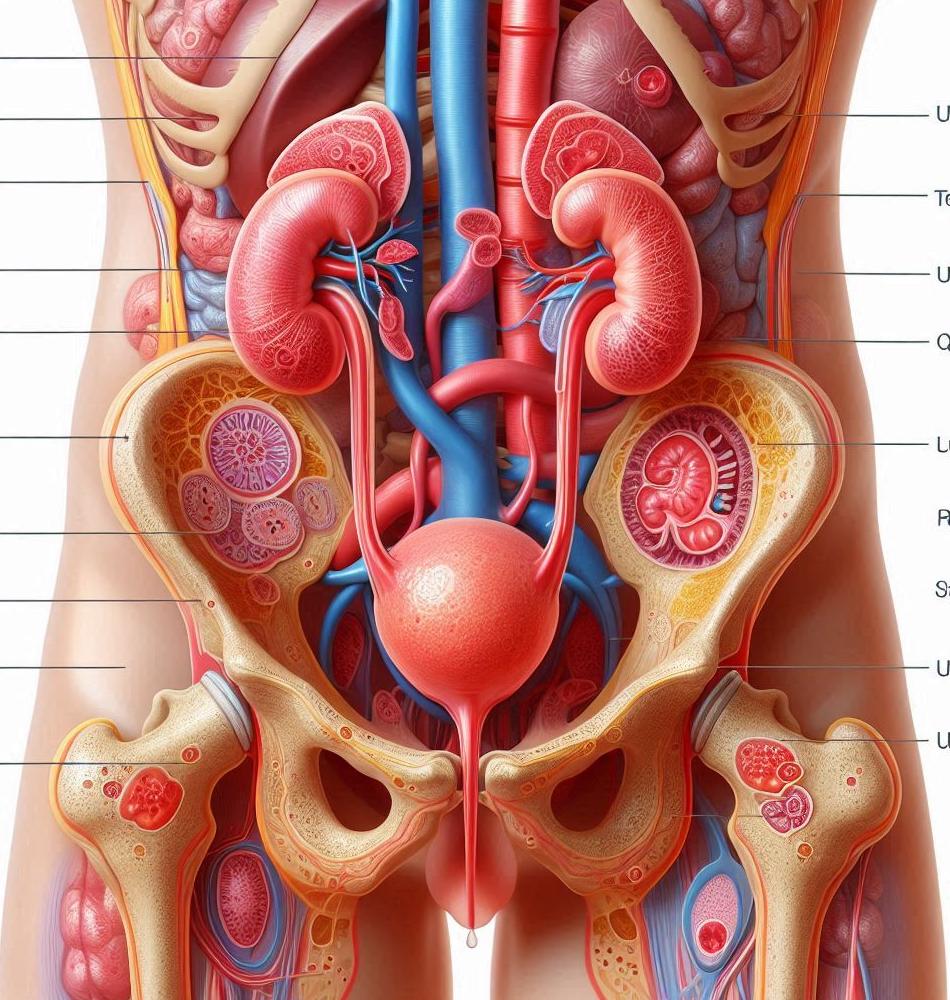Why Do I Keep Getting Urinary Tract Infections? 🔍
Urinary tract infections, or UTIs, can feel like a relentless cycle of discomfort. If you find yourself asking the nagging question, “Why do I keep getting urinary tract infections?” you are not alone. These infections are incredibly common but also a significant source of frustration for many people. Let’s dive deep into the reasons behind frequent UTIs, preventive strategies, and treatment options.
What Are Urinary Tract Infections? 🚽
Before we explore the causes and solutions for recurrent UTIs, it's critical to understand what they are. A urinary tract infection is an infection that occurs in any part of your urinary system — kidneys, bladder, ureters, or urethra. The majority of infections involve the lower urinary tract, which includes the bladder and the urethra.
Symptoms can range from mild to severe and commonly include:
- Frequent urination
- Burning sensation while urinating
- Cloudy or strong-smelling urine
- Pelvic pain in women
- Low-grade fever
Common Causes of Recurrent UTIs 📈
Now that we have established what UTIs are, let's discuss why they might occur repeatedly. Understanding the root causes can aid in prevention and treatment.
Anatomical Factors 🏗️
Some individuals may have anatomical abnormalities that make them more susceptible to infections. For instance:
- A shorter urethra in women enables bacteria to reach the bladder more easily.
- Men with an enlarged prostate may experience urinary retention, creating a breeding ground for bacteria.
Sexual Activity 🛏️
For many women, sexual intercourse can increase the chances of developing a UTI. This is often referred to as "honeymoon cystitis," and it occurs when bacteria are introduced into the urinary tract during sexual activity.
Use of Certain Products 🧴
Feminine hygiene products, such as douches and certain soaps, can disrupt the natural balance of bacteria, leading to an increased risk of infection. Also, spermicides used with diaphragms can be a contributing factor.
Menopause Changes 🌸
Post-menopausal women experience hormonal changes that may make their urinary tract more vulnerable to infections. Estrogen drops, impacting the environment of the urinary tract and reducing its resistance to bacteria.
Underlying Health Conditions ⚕️
Some chronic health conditions can predispose individuals to recurrent UTIs:
- Diabetes can affect the body's immune response, making it harder to fight off infections.
- Kidney stones can create an obstruction, leading to urinary retention and an increased risk of infection.
Preventive Strategies 🌿
While recurrent UTIs can be troublesome, there are several lifestyle modifications and practices one can adopt to minimize risks:
Stay Hydrated 💧
Drinking plenty of fluids, particularly water, helps flush out the urinary system and dilute urine, reducing the concentration of bacteria.
Practice Good Hygiene 🧼
Wiping from front to back after using the toilet can help prevent bacteria from the rectal area from entering the urethra. Additionally, urinating soon after sexual intercourse may help flush out any bacteria introduced during the act.
Choose Cotton Underwear 👙
Wearing breathable cotton underwear can reduce moisture buildup, which might otherwise promote bacterial growth.
Avoid Irritating Products 🚫
Steer clear from harsh soaps, douches, and other products that may irritate the urinary tract. Opt for gentle, unscented soaps instead.
Treatment Options for Recurrent UTIs 💊
If you find yourself with recurrent urinary tract infections despite taking preventive measures, it may be time to consider treatment options:
Antibiotics 🚑
Your healthcare provider may prescribe a course of antibiotics to treat an active infection. In some cases, they might recommend a longer course of antibiotics or even a low-dose prophylaxis to prevent future infections.
Probiotics 🥛
Incorporating probiotics into your diet may help restore the natural balance of bacteria in the gut and urinary tract, potentially reducing the frequency of UTIs. Foods such as yogurt or supplements are beneficial.
Cranberry Products 🍒
Cranberry juice and supplements may offer benefits in preventing UTIs, although scientific evidence is mixed regarding their effectiveness. They may help prevent bacteria from adhering to the urinary tract walls.
Frequently Asked Questions 🤔
- What are the main symptoms of a UTI?
- Can dietary changes help prevent UTIs?
- Is there a correlation between urinary tract infections and sexual activity?
- How can I boost my immune system against UTIs?
Conclusion 🏁
Recurring urinary tract infections can cause considerable distress and discomfort. However, understanding the reasons behind frequent UTIs and taking preventive measures can significantly impact your quality of life. In some cases, it is crucial to work closely with a healthcare provider to personalize a treatment plan tailored to your specific needs. Remember, taking charge of your health can lead to fewer UTIs and a happier, healthier you. Don't hesitate to reach out to medical professionals for guidance and support.
.png)






